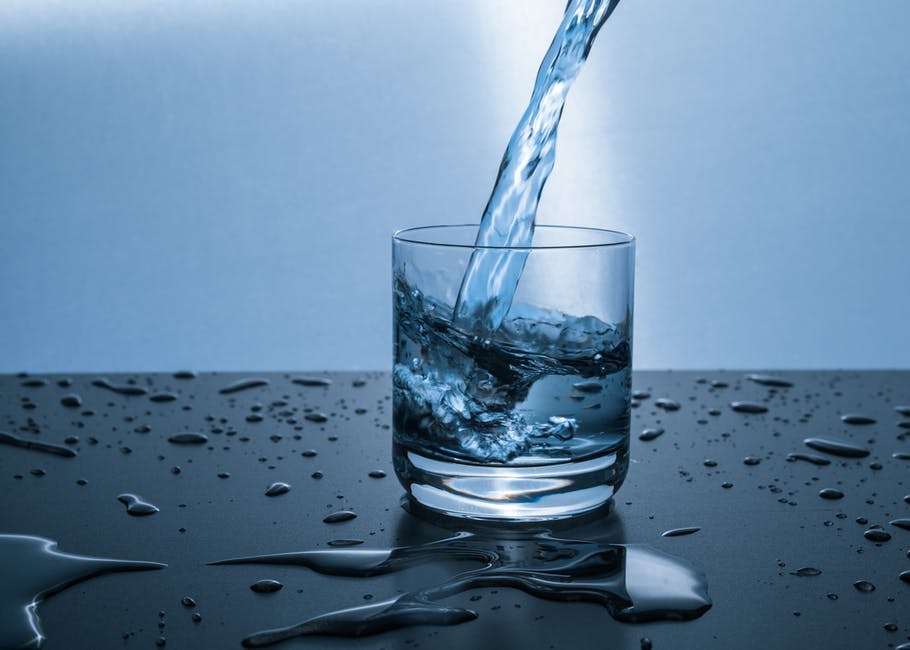What Is a Water Softener and Do You Need One?
Leaking and busted pipes. Unsightly stains. Dry skin. Rough hair. All of these are problems potentially caused by hard water.
Hard water used to be unavoidable and was dependent on your city’s water supply. Some cities have naturally more mineral-heavy water than others, which leads to the problems described above.
Enter the water softener. This is an easily-installed option for your home that will soften your water and aid in many different issues. If you struggle with hard water issues and find yourself wondering “what is a water softener,” read on for more information!
What is “Hard” Water?
Hard water is water that is laden with minerals. While minerals are beneficial in small amounts, some water supplies contain excess minerals. The main culprits in hard water are calcium and magnesium.
These excess minerals leave deposits on everything they touch. Water hardness does not pose any health hazards but can wreak havoc on your home appliances, plumbing and fixtures, and even your hair, nails, teeth, and skin due to buildup and abrasion.
Hard minerals in water also make cleaning more difficult. If you’ve ever washed your hair in hard water, it’s difficult to feel completely clean afterward. The same applies to washing laundry and dishes; the minerals build up and stick.
What Is A Water Softener?
A water softener is a device that is installed in-line in your home’s plumbing system. This goes between the main water line and the rest of the distribution in your home, sending softened water to your taps, showers, and washing machine.
Water softeners work through ionization. They pull hard water through a tank containing a resin bead filtration system, which “binds” the hard minerals and removes them from the water.
After a while, these resin beads eventually lose their ability to effectively bind the hard minerals. This is where regeneration happens.
The water softener also has a smaller tank called the brine tank for regeneration. This holds salt pellets which create high-salinity water. This water is pulled through the resin beads to refresh them and then flushed out through the sewer system.
Water Softener Benefits and Downsides
Water softeners have many benefits. People who install water softeners report less buildup on their appliances and in their plumbing. This decreased buildup can actually help reduce your utility bills.
Laundry will also come out cleaner and whiter since there is less buildup of mineral deposits on the fabrics. Hair, skin, and nail health also improves, as the minerals don’t build up or interfere with soap’s ability to remove oils and debris.
There are some downsides to water softeners. Not every municipality or state allows their installation because of the flushing of saltwater during the regeneration process.
Water softeners can also remove beneficial minerals from your drinking and cooking water. However, water softeners can be installed on a hot water line only, so your consumable water can be left alone.
There are several water softener manufacturers including major appliance makers such as General Electric. Read more about the GE water softener.
Do I Need A Water Softener?
Whether or not you need a water softener depends on the legality of water softeners in your area and how hard your water is. If you have any more questions such as “what is a water softener,” consult with your local plumber.
For more interesting articles about home improvement personal health, make sure to check out our other blog articles under the Health and Fitness category!




